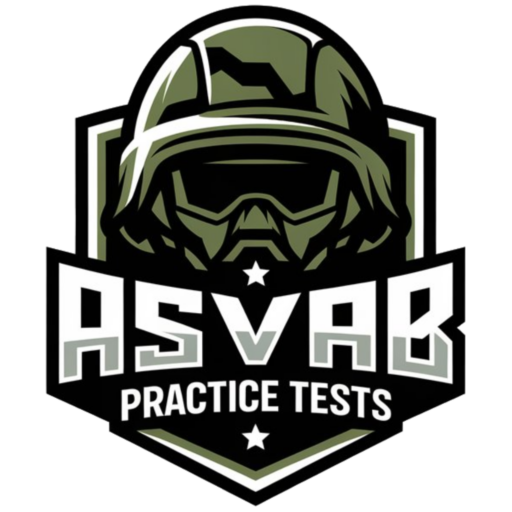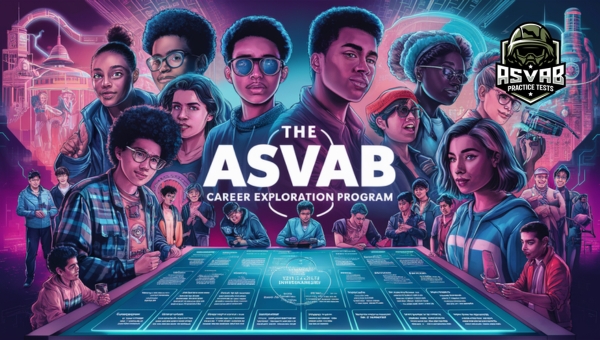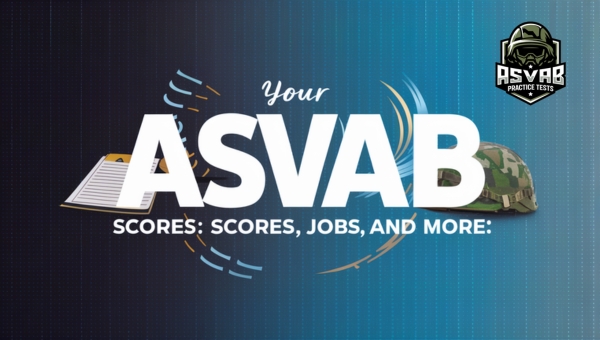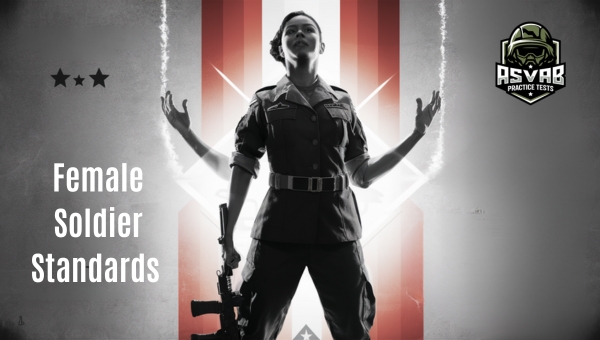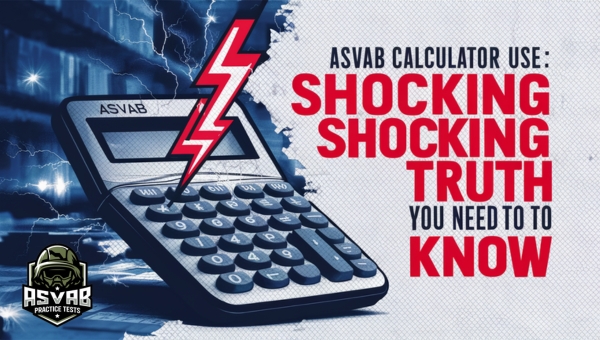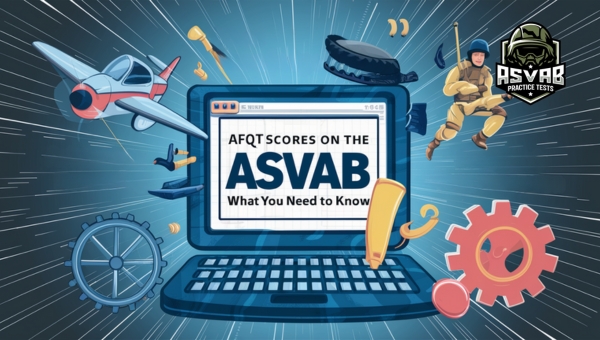Marine Corps MOS Codes | A Complete Guide
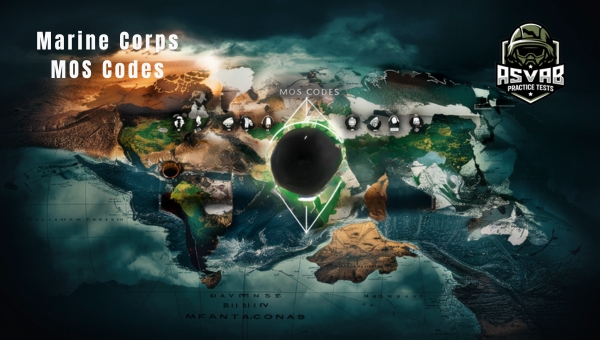
Understanding Marine Corps MOS Codes is crucial for anyone considering a career in the Marine Corps or transitioning to a new role. This article delves into the intricacies of MOS Codes, providing a comprehensive list and explaining how these codes shape a Marine’s career.
From Primary MOS Codes to Combat Arms MOS Codes, we’ll cover all essential aspects. Additionally, we’ll discuss the process of choosing a MOS and how Marines can transition and grow in their careers. If you’re eager to unlock the full potential of a Marine career, read on to get all the vital information you need!
An In-Depth Look at the MOS Codes
In the Marine Corps, Military Occupational Specialty (MOS) codes are crucial identifiers that define a Marine’s specific job or role within the organization. Each MOS code is a four-digit number that signifies a particular field and job function.
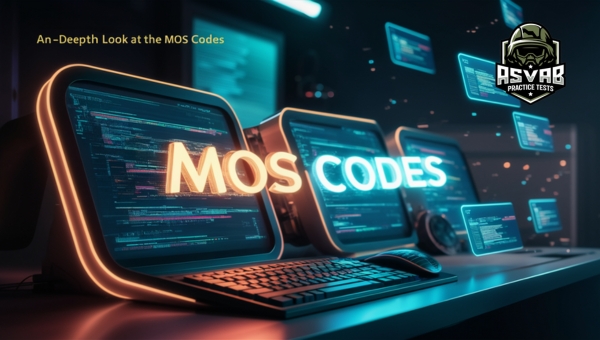
Understanding these codes is essential for anyone interested in joining the Marine Corps or those already serving who wish to explore different career paths.
The structure of MOS codes is systematic and organized to ensure clarity and precision. The first two digits of the MOS code indicate the occupational field, while the last two digits specify the particular job within that field. For example, the code 0311 refers to a Rifleman, where “03” denotes the Infantry field and “11” specifies the exact job.
There are three primary categories of MOS codes: Primary MOS (PMOS), Additional MOS (AMOS), and Combat Arms MOS. Each category serves a different purpose and helps in organizing the various roles and responsibilities within the Marine Corps.
Marine Corps MOS Codes List
When it comes to understanding the different roles within the Marine Corps, the Military Occupational Specialty (MOS) codes are key.
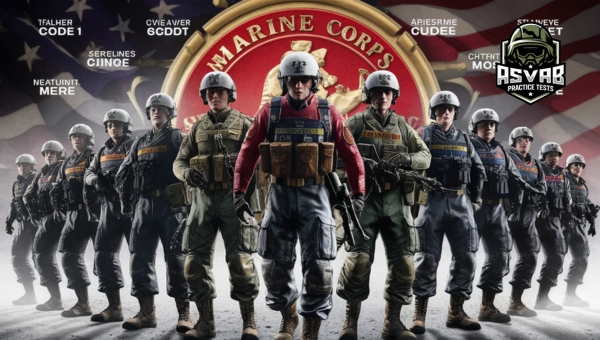
These codes help define the specific job functions Marines perform. Whether you’re curious about the primary assignments or looking into specialized roles, this guide will provide you with a comprehensive overview. Let’s dive into the different categories of MOS codes.
Primary MOS Codes (PMOS)
Primary MOS Codes are the main job assignments given to Marines after they complete their initial training.
These roles are crucial for the functioning of the Marine Corps.
- 0111 – Administrative Specialist: Responsible for personnel management and administrative tasks, ensuring smooth operations within the unit.
- 0321 – Reconnaissance Marine: Specializes in gathering intelligence and conducting reconnaissance missions, often operating behind enemy lines.
- 0331 – Machine Gunner: Operates heavy machine guns, providing fire support during combat operations.
- 0341 – Mortarman: Manages and operates mortars in support of infantry units, offering indirect fire support.
- 0811 – Field Artillery Cannoneer: Operates artillery equipment, delivering precise firepower on enemy positions.
- 1141 – Electrician: Maintains and repairs electrical systems, ensuring all equipment functions properly.
- 1316 – Metal Worker: Specializes in metalworking tasks, including welding and fabricating parts.
- 1812 – M1A1 Tank Crewman: Operates and maintains M1A1 tanks, playing a vital role in armored warfare.
- 2111 – Small Arms Repairer/Technician: Responsible for the maintenance and repair of small arms and light weapons.
- 3043 – Supply Chain and Materiel Management Specialist: Manages supply chains and logistics, ensuring units have the necessary materials.
- 3531 – Motor Vehicle Operator: Operates various types of vehicles, transporting personnel and supplies.
Additional MOS Codes (AMOS)
Additional MOS Codes are specialized roles that Marines can pursue after obtaining their Primary MOS. These positions often require further training and expertise.
- 0203 – Ground Intelligence Officer: Provides crucial intelligence support, analyzing enemy movements and terrain.
- 0302 – Infantry Officer: Leads infantry units, planning and executing combat operations.
- 0602 – Communications Officer: Manages communication systems, ensuring reliable and secure lines of communication.
- 3002 – Logistics Officer: Oversees the logistics and supply chain operations, ensuring efficient resource distribution.
Combat Arms MOS Codes
Combat Arms MOS Codes focus on combat-related roles. These positions are essential for frontline operations and require rigorous training and discipline.
- 0311 – Rifleman: The backbone of the Marine Corps, responsible for engaging the enemy in direct combat.
- 0352 – Anti-Tank Missile Gunner: Specializes in operating anti-tank missile systems to neutralize armored threats.
- 0369 – Infantry Unit Leader: Leads and manages infantry units, ensuring mission success and unit cohesion.
By understanding the different Marine Corps MOS Codes, you can gain a better appreciation of the diverse roles within the Marine Corps. Whether you’re considering a career in the Marines or simply want to learn more, this guide provides a solid foundation. Each MOS plays a critical role in the overall mission, showcasing the complexity and dedication required to serve.
Also Read: ASVAB Test Duration: The Truth About How Long It Takes!
Choosing an MOS in the Marine Corps
Choosing a Military Occupational Specialty (MOS) in the Marine Corps is a significant decision that can shape a Marine’s career.
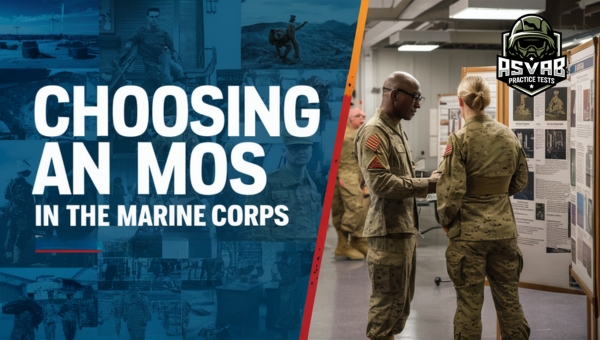
The process involves several steps and considerations, ensuring that each Marine is matched with a role that fits their skills and interests. Let’s explore how Marines select their MOS and how they can transition to new roles as they advance in their careers.
How to Select a MOS?
Selecting an MOS involves a structured process. Here’s how it works:
- ASVAB Scores: The Armed Services Vocational Aptitude Battery (ASVAB) is a test that assesses a recruit’s abilities in various areas. The scores from this test help determine which MOS options are available to the recruit.
- Job Availability: Based on the needs of the Marine Corps, certain MOS positions may be more or less available at any given time. This can influence a recruit’s options.
- Recruit’s Preferences: While the Marine Corps aims to place recruits in roles that match their skills, it also considers the recruit’s interests and preferences.
- Qualification: Each MOS has specific qualifications that must be met, which may include physical fitness standards, security clearances, or specialized training.
- Training: After selection, recruits undergo training specific to their chosen MOS to ensure they are fully prepared for their responsibilities.
Career Growth and Transitioning MOS
As Marines progress in their careers, they may have opportunities to transition to new MOS codes. Here’s how this process works:
- Experience and Performance: Marines who excel in their current roles and demonstrate leadership and proficiency may be considered for new opportunities.
- Additional Training: Transitioning to a new MOS often requires additional training. Marines may attend specialized schools or courses to gain the necessary skills and knowledge.
- Career Planning: Marines work with career planners to map out their career paths, considering factors like personal goals, Marine Corps needs, and potential for advancement.
- Reclassification: If a Marine desires a change in their MOS, they can apply for reclassification, which involves meeting the qualifications for the new MOS and available openings.
- Promotion: Higher-ranking Marines may have access to more advanced or specialized MOS codes, reflecting their increased responsibilities and expertise.
Choosing and transitioning MOS codes are crucial steps in a Marine’s career, providing pathways for growth, development, and fulfillment within the Marine Corps.
Conclusion
Understanding Marine Corps MOS Codes is crucial for anyone interested in a military career. These codes help define a Marine’s role, responsibilities, and career path. Whether you’re aiming to be a Reconnaissance Marine or a Logistics Officer, knowing your MOS options can significantly impact your career satisfaction and growth.
Choosing the right MOS involves assessing your skills and interests, and staying informed about different opportunities.
Transitioning between MOS codes is also possible, providing flexibility and room for career advancement. Explore more about military careers and educational resources on our site to stay informed and make the best decisions for your future!
